
New CSI Spinoff: Iceman 3300 B.C.
Who dunnit? Forensic pathology is an art form we take for granted. Scientists are busy debating why a 5' 5", 5300-year-old man coined Otzi was murdered.


Who dunnit? Forensic pathology is an art form we take for granted. Scientists are busy debating why a 5' 5", 5300-year-old man coined Otzi was murdered.
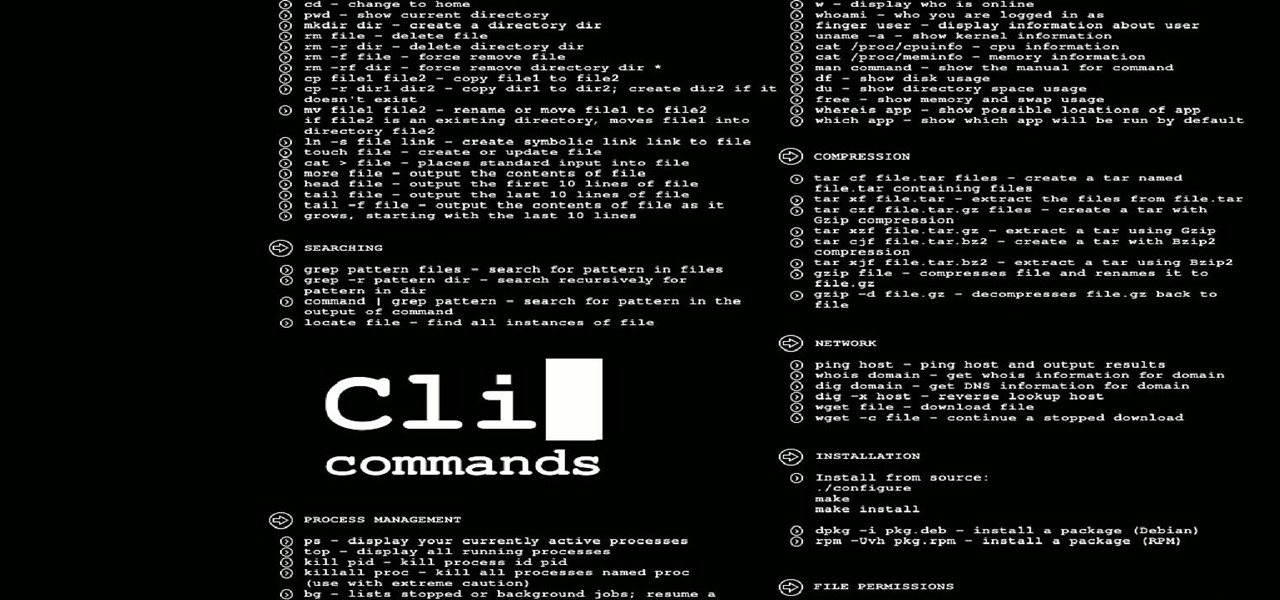
Hello everyone on null byte this is my first tutorial This Tutorial Is on Useful Lesser Known Commands on Linux

MAKE Magazine recently opened the Make: Science Room, a "DIY science classroom, virtual laboratory, and a place to share your projects, hacks, and laboratory tips with other amateur scientists."
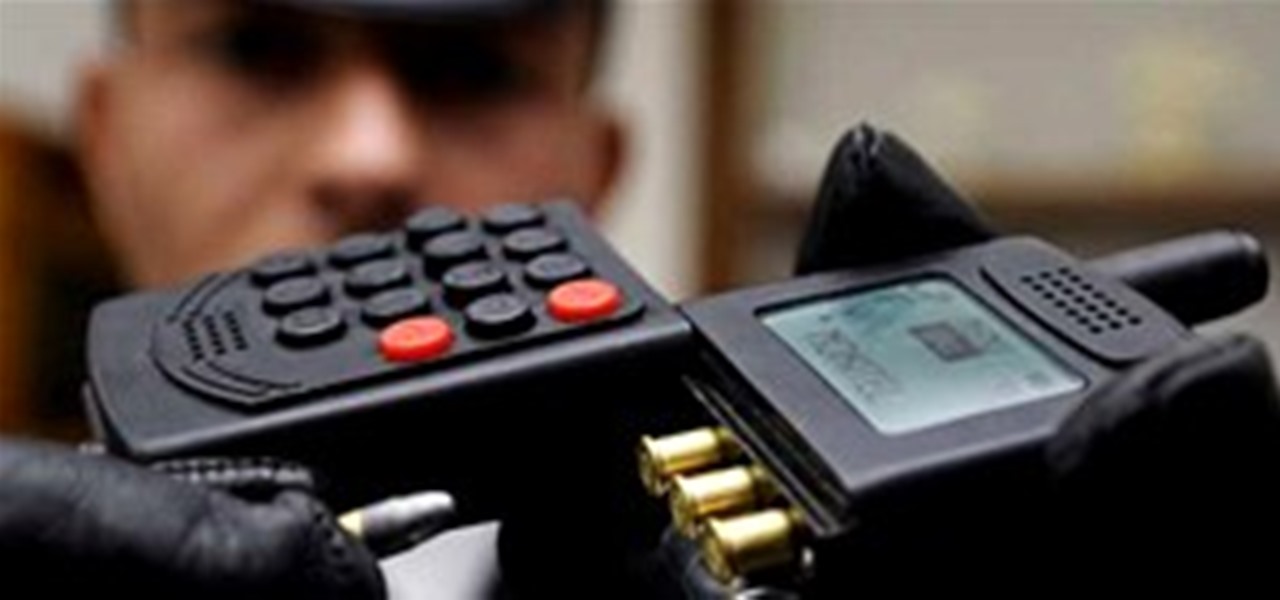
By now, many of you may have heard about iPhone tracking and recording your location data, but is there anything else being extracted from cell phones without our knowledge? If you're a Michigan state resident, the answer is an alarming "maybe".
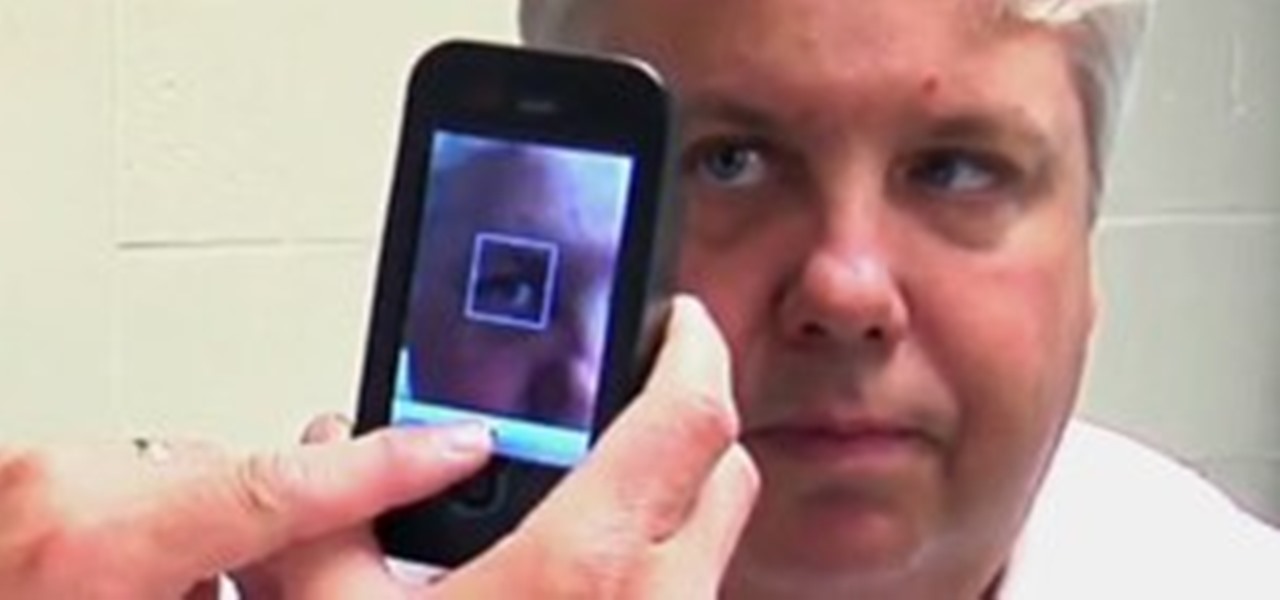
Some cops already have the ability to extract data from your cell phone using handheld forensic devices, but soon police officers will have a new mobile data collection toy to play with—an Apple iPhone. Actually, it's an iPhone-based device that connects directly to the back of an iPhone, which is designed to give law enforcement an accurate and immediate identification of a suspect based on their facial features, fingerprints and even their eyes.

Dactyloscopy isn’t going anywhere. Forensic science has much relied on fingerprinting as a means of identification, largely because of the massive amount of fingerprints stored in the FBI’s biometric database (IAFIS), which houses over 150,000 million prints. And thanks to the departure of messy ink-stained fingertips, biometric analysis isn’t just for solving crimes anymore.
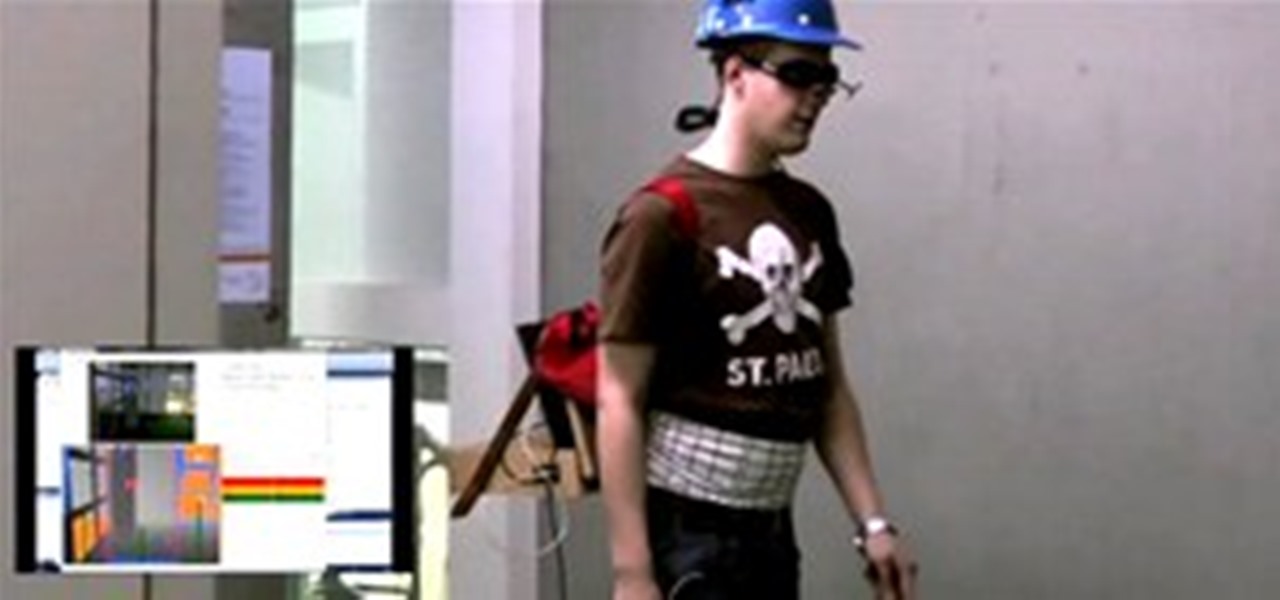
In 2007, Nintendo introduced the world to motion control video games with the Wii. Microsoft and Sony built on Nintendo's phenomenal success and released their own motion control products for the XBox 360 and Playstation 3 late in 2010: the Kinect and the Move. The Move is basically an improved Wiimote that looks like a sci-fi Harry Potter wand, but the Kinect just might be the most important video game peripheral of all time.

It seems the Republicans aren't happy about Obama. But then again, they never will be. As the time for re-election draws near, the Republican Party is scrambling to chose their candidate who will beat Obama. So far, Mitt Romney (we'll discuss the candidates soon) has somewhat dominated the scene, with spurts of awesomeness from Rick Santorum and Newt Gingrich. Ron Paul stays steady, currently holding the second most number of delegates (yes, we'll go over terms also).
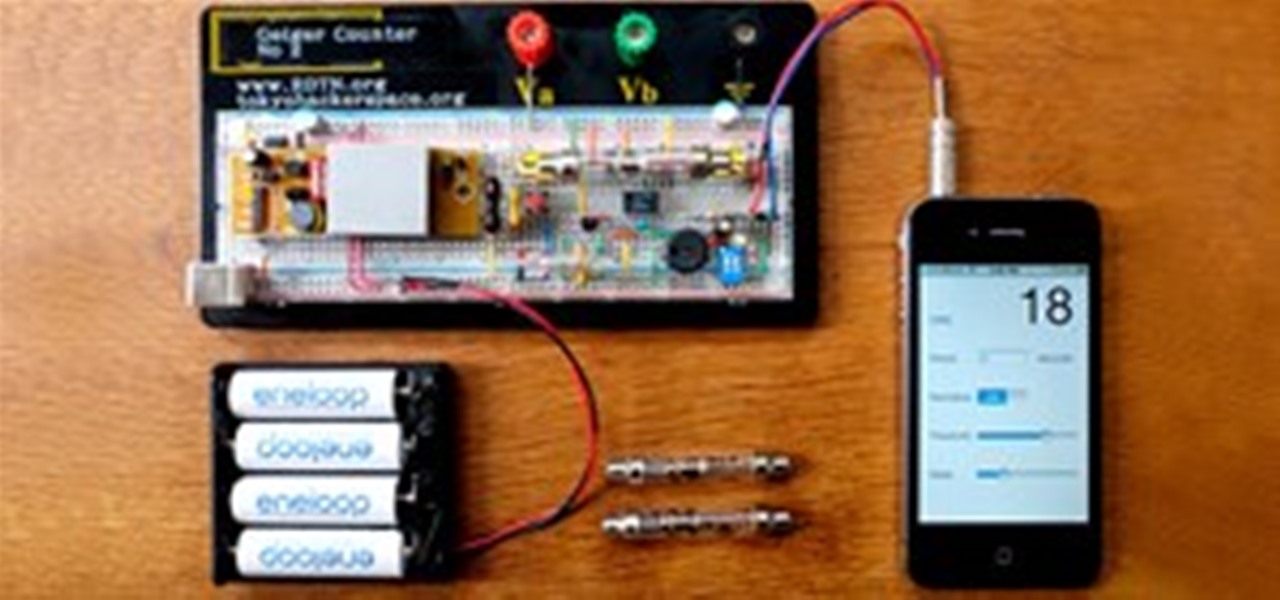
Understandably, the tragedy in Japan has substantially risen the level of worldwide radiation-related hysteria. So much so, as an alternative to stampeding health food stores for iodine tablets, crafty individuals and organizations are hacking together personal radiation detectors. Rather than relying on the government, the creation and modification of handheld Geiger counters provides a self-sufficient solution to today's questions regarding radiation. Profiled below, three admirable organiz...

After getting slammed with a crazy-big earthquake/tsunami, the Japanese nuclear plant Fukushima Daiichi might be on the brink of meltdown. Not as bad as Chernobyl, but maybe as bad as Three Mile Island. Nobody wishes such a disaster on anyone...anywhere in the world. In the US, there are about 100 nuclear facilities, about 8 of which are located near hot beds of seismic activity.
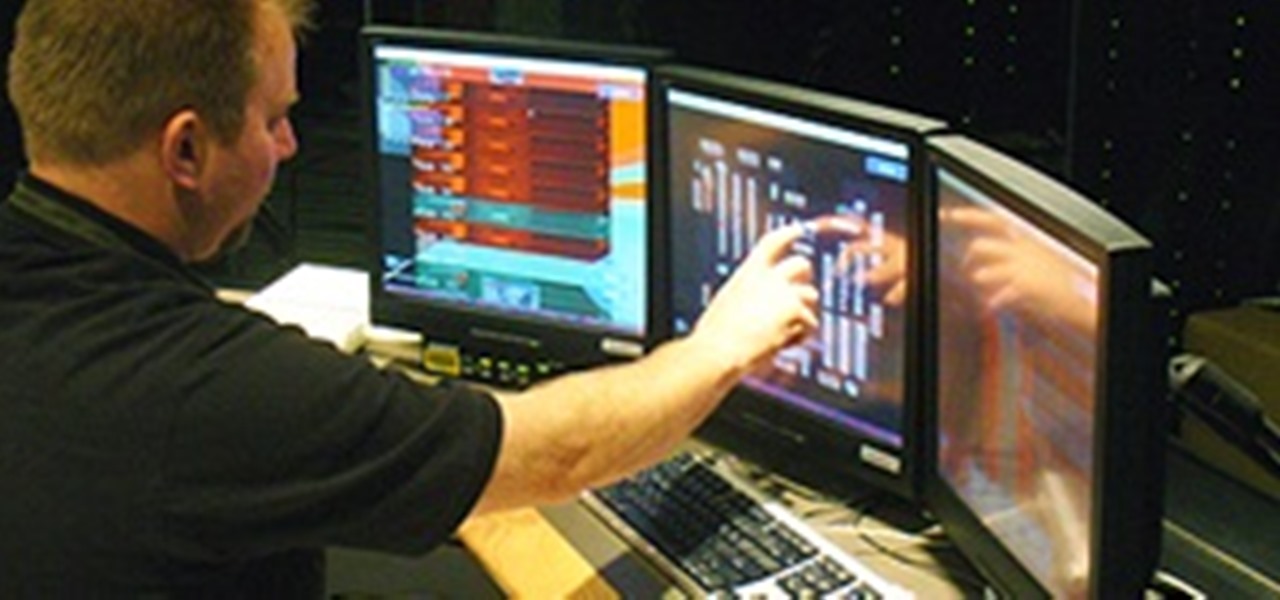
People sometimes ask me about the IT industry here in the states. These folks are usually either trying to get into a certain field, or looking to switch or move into another one. Right now, you may currently be a Computer Science major that will be graduating shortly and are interested in the current state of IT security.
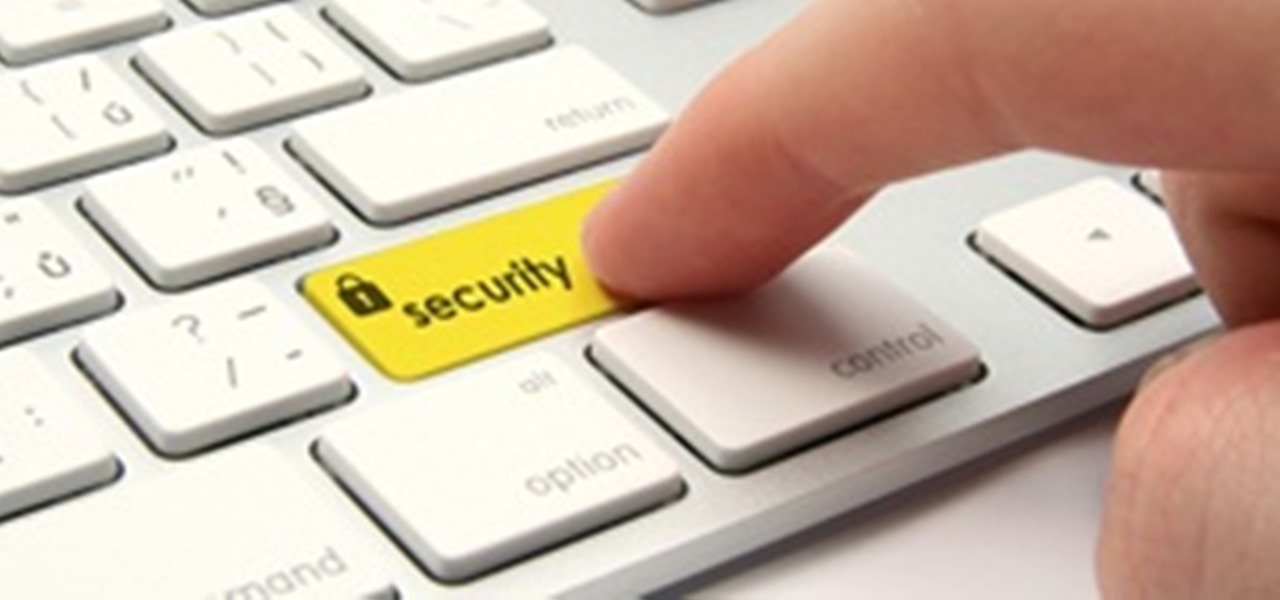
If you follow the Anonymous, Occupy, and IT security scenes, you have no doubt heard about a dox release. What is it? How can it hurt you? And most importantly, how can you protect yourself from it? Some of these steps might seem common sense, while others will be an ah-ha! moment. Your private info is both your biggest weakness and your biggest weapon in your battle to remain anonymous. You must learn how to use it as both.

Posted with permission via HereComeTheYanks.com 1776...a group of colonies walked away from the British, effectively starting a war that ended in the defeat of the mighty Brits.